Francesca Lizzi
Data Science Ph.D. Student (Cycle 34)
Bio:
I have studied physics at University of Pisa and I specialized in Medical Physics during my master at University of Pisa. My PHD project deals with deep learning models applied to breast cancer diagnosis, in an ethical, explainable and scientific approach. In 2020, I won the "Best PHD project award" of the 13th International Joint Conference on Biomedical Engineering Systems and Technologies - BIOSTEC 2020 with a paper and a poster titled "Deep-learning based analysis of mammograms to improve the estimation of breast cancer risk". During the coronavirus pandemic, I worked on applying my research frame on Computed Tomography COVID cases in order to quantify the Ground Glass opacities of lung, trying to understand the causality between the COVID pneumonia diagnosis and life quality of subjects. I am currently working on imagining, developing and quantifying an ethical and inclusive method to study medical imaging and personal health, through an explainable, scientific and high performing approach. In order to achieve this goal, I am collaborating with several italian hospitals and physicians, lawyers, computer scientists, physicists and sociologists. I am also affiliated to the National Institute for Nuclear Physics to the Artificial Intelligence in Medicine experiment (PI: Alessandra Retico)
I do research in order to study an inclusive and ethical way to make public health accessible to every-body with high quality because people deserve a healthy and high quality life. From my point of view, from its questioning, its connection to other experiences, through the scientific method to scientific research for everyone.
Research Interest:
My research interest are:
- Deep learning models, Convolutional Neural Networks, Deep Neural Networks, Time Series Analysis through ESN, LSTM and Recurrent Neural Networks in general.
- Classical Machine Learning approaches, Generalized Linear Models, Support Vector Machines, Classification and Regression models in general.
- Explainability algorithms, including both tabular data and images. LIME, Saliency Maps Extractor, Class-Activation Map, GRAD-CAM and their causal interpretation.
- Medical physics applied to medical imaging and its automated analysis. Mammography, Tomosynthesis, Computed Tomography, Radiology, Radiomics.
- Translation of medical problems in computer science problems. Radiological anatomy, oncology and medical studies linked to my research questions in general. Privacy problems applied to health issues, ethical research on inclusive health systems.
- Sociology and social approaches to human description.











